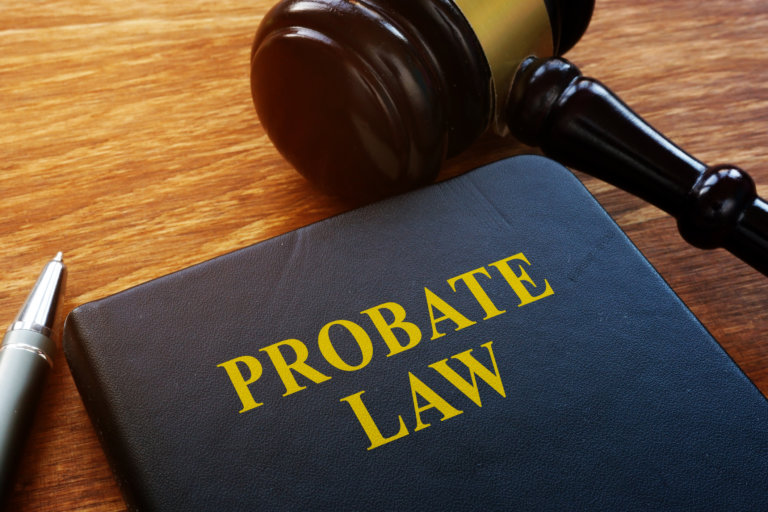Navigating the probate process can be a daunting task, but for heirs of Florida property, there’s a glimmer of hope in the form of a shortened probate process. This streamlined approach aims to simplify the distribution of assets and provide a faster resolution for beneficiaries. In this article, we’ll explore the key factors that determine eligibility for the shortened probate process in Florida and offer practical tips to help the estate qualify.
Understanding the Shortened Probate Process
In Florida, the shortened probate process is often referred to as “summary administration.” This option is available when the value of the deceased person’s estate is below a certain threshold or when the deceased passed away more than two years. Summary administration is an efficient alternative to the formal probate process, offering a quicker resolution for eligible estates.
Qualifying Factors
- Estate Value
One of the ways to qualify for summary administration is if the probate estate’s value is less than $75,000, excluding the value of the homestead property. Homestead property (i.e., the deceased’s primary residence) is considered exempt property and is therefore not included in the $75,000 test. Thus, the homestead property’s value can be of any amount and so long as the rest of the probate estate’s assets are less than $75,000, the estate will qualify for summary administration.
- Length of Time Since Death
The other way to qualify for summary administration is if more than two years has passed since the decedent’s death. The value of the estate is not relevant anymore if the deceased’s date of death is over two years. This is because most creditor claims are barred after two years, and therefore, the shortened form of probate can be initiated.
Other Factors to Consider
If there are several heirs involved or there are possible heir disputes, a summary administration may not be the best option. A formal administration may actually streamline the probate process in these types of situations. A summary administration is also not a viable option if the estate is seeking to file a lawsuit, such as a wrongful death action. This is because the filing of a lawsuit on behalf of the estate requires a personal representative (i.e., executor) to be appointed and with a summary administration, there is no personal representative appointed.
If the deceased left a Last Will & Testament, it is important to track down the original Will because that has to be filed with the probate court. If the original Will is no longer in existence but a copy is provided, then there are additional steps that must be taken to prove the Will, which may prolong the probate process.
With a summary administration, if all of the heirs sign a consent form, it helps to expedite the proceedings and ensures a more straightforward resolution.
Practical Tips
1. Obtain a Professional Appraisal: To accurately determine the estate’s value, consider obtaining a professional appraisal of the assets.
2. Gather Necessary Documents: Collect all relevant documents prior to the start of the probate, including the original or certified copy of the death certificate, the original Will (if applicable), and a list of the decedent’s assets and debts. Having these documents readily available will expedite the probate process.
3. Seek Legal Guidance: Consulting with an experienced probate attorney is crucial. They can provide personalized advice based on your specific situation, guide you through the legal requirements, and help you navigate the complexities of the probate process.
4. Initiate the Process Promptly: Time is often of the essence in probate proceedings. Heirs need to go through the probate process if they wish to sell or refinance the property, or if they just want to get the property into their own names. Initiate the process promptly to expedite the distribution of assets to heirs.
How Farshchian Law Can Help
Qualifying for the shortened probate process in Florida can significantly reduce the time and complexity associated with settling an estate. By understanding the eligibility criteria and following practical tips, you can navigate the probate process more efficiently, ensuring a smoother transition for all parties involved. If you’re unsure about the specifics of your situation, seeking legal advice is always a prudent step to take.
Farshchian Law handles probate, real estate, and estate planning matters throughout the State of Florida. For a free consultation on summary administration or to learn more about our probate services, call us at (800) 604-1871, or email us at Probate@JFRealEstateLaw.com. We can also advise you on matters relating to probate avoidance.

